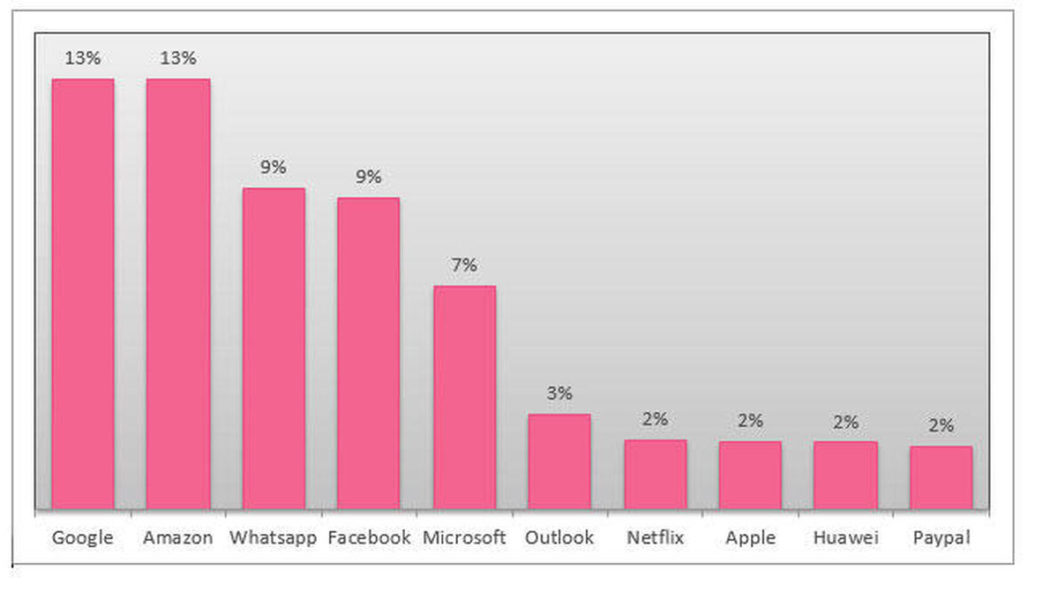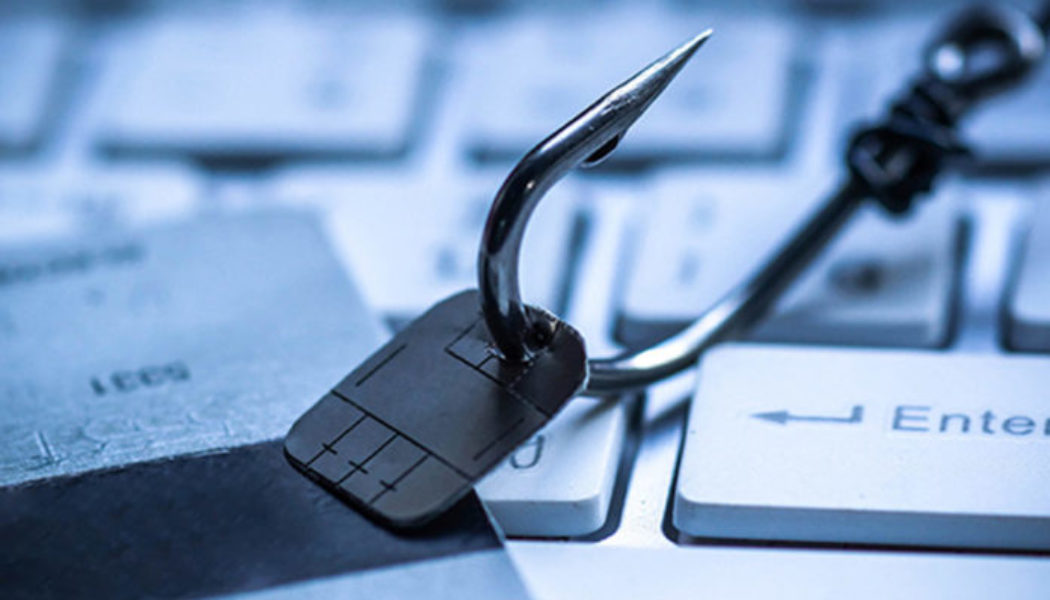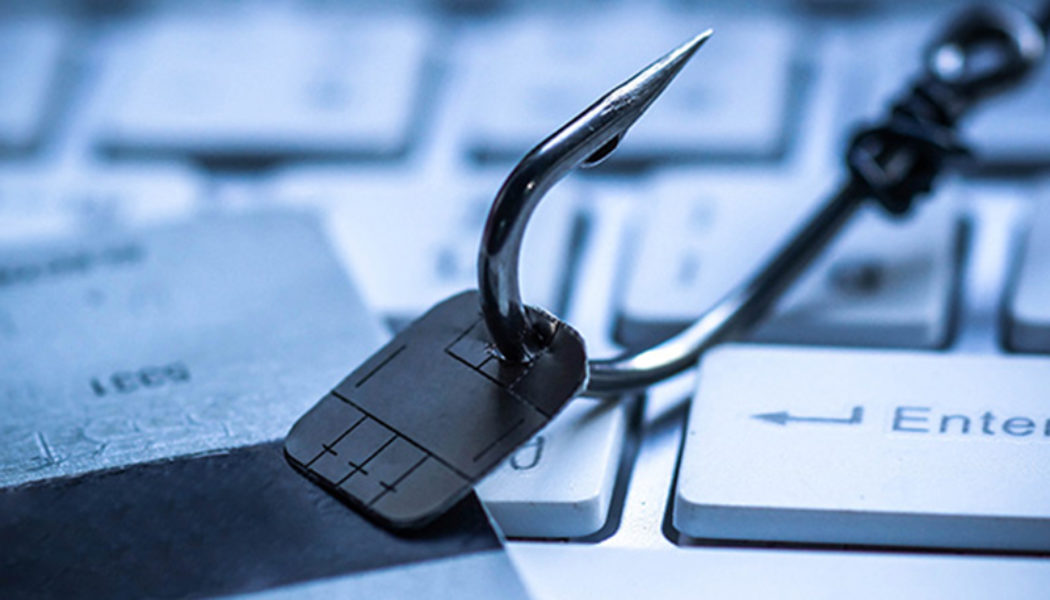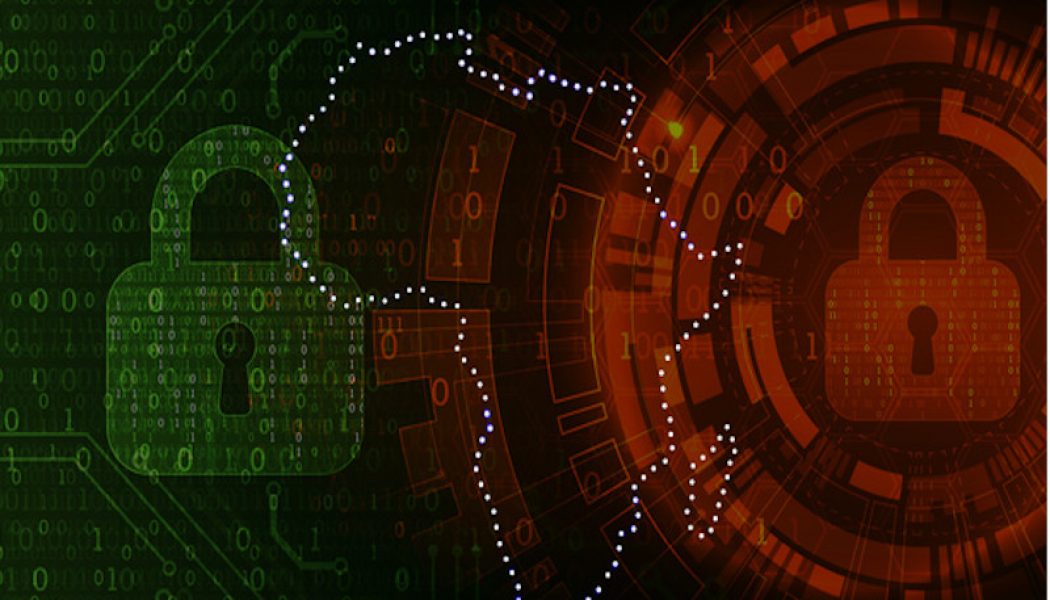Phishing Attacks South Africa
Most SAns Would Stop Trusting Brands Involved in Phishing Attacks – Survey
Image sourced from Kaspersky. According to the global Brand Trust survey by cybersecurity company Mimecast, almost three-quarters (74%) of South African consumers would stop buying from a brand if they fell victim to a phishing attack involving that brand, with 93% of South African consumers expecting their favourite brands to ensure their services, such as websites, emails and other communication, are safe to use. Heino Gevers, cybersecurity expert at Mimecast, says brands need to do more to protect their customers from cybercriminals. “South Africans are incredibly trusting with 69% of consumers not hesitating to open an email from brands they use regularly, and 56% readily clicking on links from their favourite brands. However, with cyber threats- including impersonation attacks and phi...
South African Organisations Lag Behind Global Average of Cybersecurity Resilience
Email and data security company, Mimecast, unveiled its fourth-annual State of Email Security 2020 report. This report summarises details from 1,025 global IT decision-makers on the current state of cybersecurity. The findings in this year’s report demonstrate that despite high levels of confidence in respondents’ cyber resilience strategies, there is a clear need for improvement. While a large majority (77%) of respondents say they have or are actively rolling out a cyber resilience strategy, only 62% of South African organisations are doing the same. Yet an astounding 47% of local organisations – and 60% of global ones – believe it is inevitable or likely they will suffer from an email-borne attack in the coming year. South African respondents cite data loss (35%), a decrease in employee...









